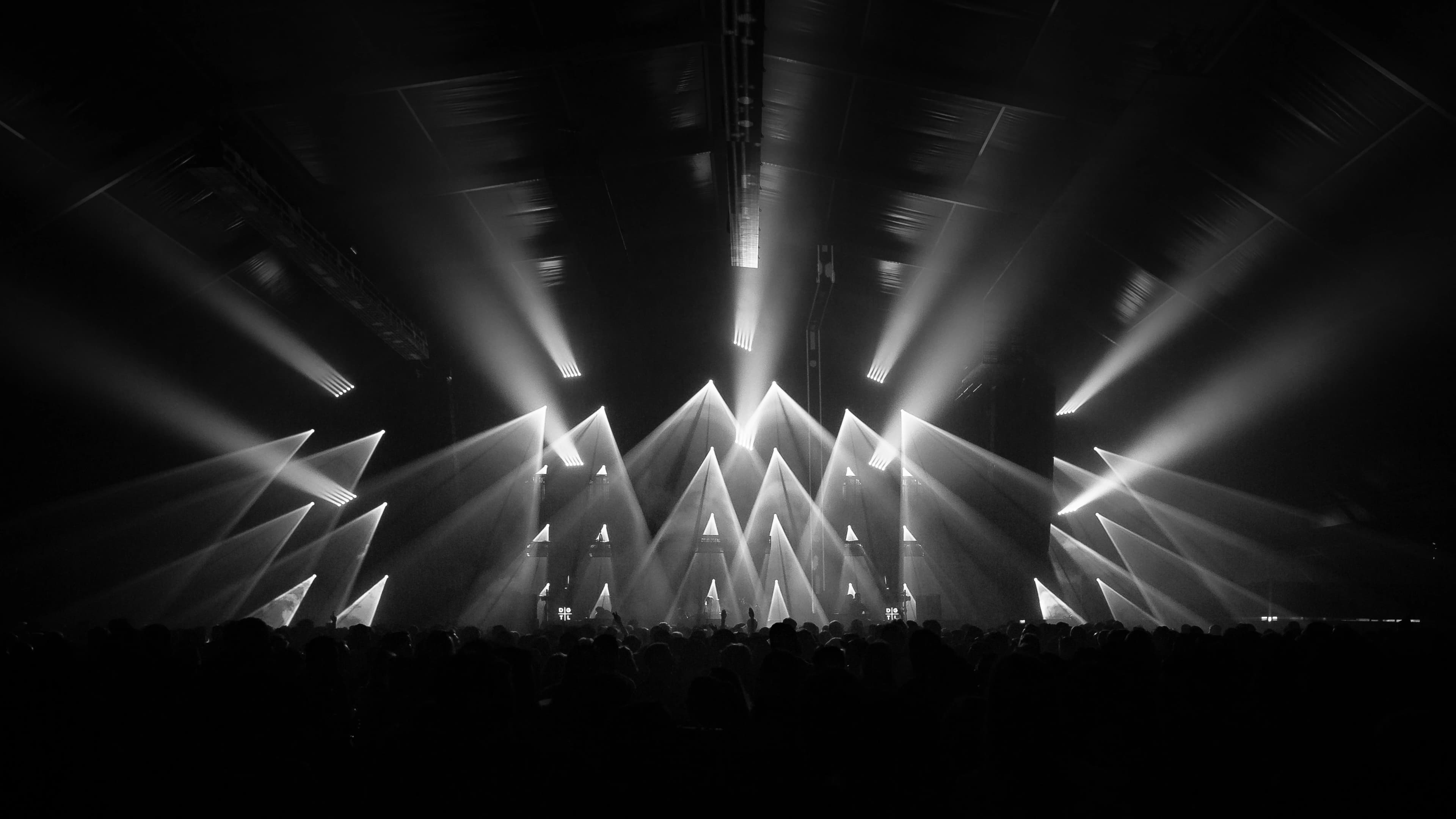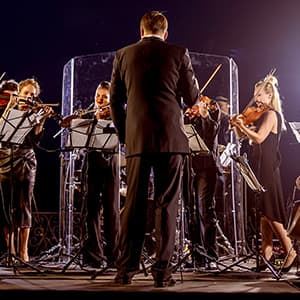

Holsts The Planets Tickets
Up to 30% Off Compared to Competitors.
Location: Select Location (e.g, New York)
Events Nearby
We're Sorry. There are currently no events near you.
About Holst's The Planets
Currently, 'The Planets' continues to be a highly sought-after piece for orchestras and concert series worldwide. In 2023, numerous orchestras are scheduled to perform the suite in various cities, often accompanied by visual elements that enhance the audience's experience. For example, some concerts feature multimedia presentations that include imagery of the planets, aligning with the suite's astrological themes. Additionally, many performances are being paired with discussions or lectures about Holst's inspiration and the significance of astrology in the early 20th century. As concert-goers seek unique experiences, orchestras are increasingly incorporating innovative interpretations, such as arrangements for smaller ensembles or collaborations with contemporary artists. Festivals dedicated to Holst's work are also emerging, drawing attention to the suite's enduring legacy in the classical music canon. As we celebrate the centennial of the suite, audiences can expect a resurgence of interest, with new interpretations and performances that honor Holst's groundbreaking contribution to orchestral music.
Holst's The Planets History
Gustav Holst's 'The Planets' is a seven-movement orchestral suite composed between 1914 and 1917. It was inspired by astrology rather than astronomy, and each movement is named after a planet and its corresponding Roman deity. The suite premiered in 1918, with the first complete performance taking place in 1920. Holst's innovative orchestration and use of rhythm significantly influenced the landscape of 20th-century classical music. The work gained popularity in the following decades, establishing itself as a staple in the concert repertoire. Its rich textures, diverse instrumentation, and evocative themes have captivated audiences worldwide, making it a frequent choice for concert halls and orchestral performances. The movements range from the martial 'Mars, the Bringer of War' to the serene 'Venus, the Bringer of Peace,' showcasing Holst's ability to convey complex emotional narratives through music. The suite's impact extended beyond the concert stage, influencing film scores and popular culture, solidifying its place in both classical and contemporary music.
